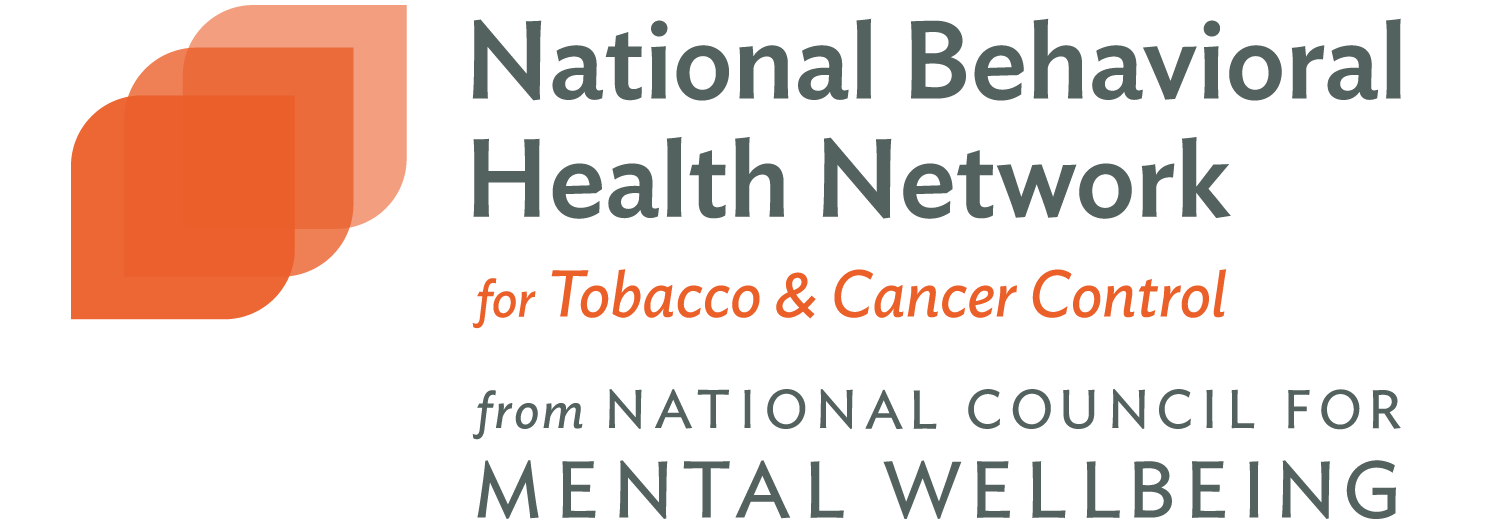May 15, 2014 was a momentous day for North Carolina. On that day, North Carolina amended a rule to ban the use of tobacco anywhere on the grounds of a state operated healthcare facilities. The rule requiring state-operated behavioral health facilities to set aside space for clients who wish to smoke was amended, eliminating that requirement and setting the stage for a system-wide tobacco-free environment policy: an environment that can support treatment, recovery and health.
While there had been earlier efforts to amend the rule, members of the mental health commission felt that additional information was needed before they could unite in support of the amendment. Therefore, pilots were completed at two of the facilities — a state psychiatric hospital and an alcohol and drug treatment center. The pilots demonstrated to stakeholders and the mental health commission that tobacco-free environments can be part of a safe, therapeutic environment of care.
As excited as we were about the long-awaited implementation of tobacco-free campuses, we recognized that being tobacco-free without appropriate and supportive treatment interventions would not help people stop smoking.[i] And there is plenty of evidence that psychiatric hospitals are further ahead at developing tobacco free campuses than they are at providing staff training, active treatment and continuity of care for tobacco use.[ii] So, the change ushered in a new challenge: how can we leverage the tobacco-free environment to improve health outcomes? The goal is not just to have tobacco free campuses — we want people to be free from tobacco.
There is a lot still to be learned about how to optimize treatment outcomes in behavioral health settings — especially ones like ours. We are at the nascence of understanding the impact of initiating and delivering tobacco treatment interventions in inpatient behavioral health settings. [iii] But we do know that if we are successful in providing a full range of consistent, evidenced-based treatment interventions, we can improve the chances that our clients will stop smoking. It is important that our staff understand that the range of improved treatment outcomes can include not only physical health measures such as lower mortality and reduced burden of chronic medical conditions, but also behavioral health measures such as higher rates of long-term abstinence[iv], reduced social isolation[v], better access to a full range of housing options and possibly reduced recidivism and improved behavioral health outcomes[vi].
To better meet the challenges of providing evidenced-based interventions effectively in behavioral health facilities, the UNC Gillings School of Public Health, in collaboration with the Division of State Operated Healthcare Facilities, the Division of Public Health and the North Carolina Center for Public Health Quality, won a grant through the Smoking Cessation Leadership Center at the University of California in San Francisco and Pfizer Independent Grants for Learning & Change to design a systematic implementation of evidenced-based tobacco treatment interventions in one of our alcohol and drug treatment centers. The design and implementation ensures that the right staff has the right training and that the workflow supports the delivery of consistent and effective evidenced-based interventions.
As the grant nears completion, there is excitement and anticipation as we fully integrate the work of the project with the supportive environment of a tobacco-free campus. This kind of work brings us one step closer to leveraging and fully realizing the benefits of tobacco-free campuses in inpatient behavioral health settings.
[i] Prochaska JJ, Fletcher L, Hall SE, Hall SM. Return to smoking following a smoke-free psychiatric hospitalization. Am J Addict. 2006; 15 (1):15—22.
[ii] Schacht, L., Ortiz, G, and Lane, Jr., G.M. (2012, April). Smoking policies and practices in state psychiatric facilities: Survey results from 2011. Falls Church, VA: National Association of State Mental Health Program Directors Research Institute, Inc. (NRI).
[iii] Judith J. Prochaska, PhD, MPH, Stephen E. Hall, MD, Kevin Delucchi, PhD, and Sharon M. Hall, PhD Efficacy of Initiating Tobacco Dependence Treatment in Inpatient Psychiatry: A Randomized Controlled Trial. Am J Public Health. Published online ahead of print August 15, 2013:e1–e9. doi:10.2105/AJPH.2013.301403
[iv] J Consult Clin Psychol. 2004 Dec;72(6):1144-56. A meta-analysis of smoking cessation interventions with individuals in substance abuse treatment or recovery. Prochaska JJ1, Delucchi K, Hall SM.
[v] Judith J. Prochaska, Ph.D., M.P.H. Smoking and Mental Illness — Breaking the Link N Engl J Med 2011; 365:196-198 July 21, 2011DOI: 10.1056/NEJMp1105248
[vi] P. A. Cavazos-Rehg*, N. Breslau, D. Hatsukami, M. J. Krauss, E. L. Spitznagel, R. A. Grucza, P. Salyer, S.M. Hartz and L. J. Bierut. Smoking cessation is associated with lower rates of mood/anxiety and alcohol use disorders. Psychological Medicine 2014;44(12):2523-2535 Copyright © Cambridge University Press 2014 DOI: http://dx.doi.org/10.1017/S0033291713003206, Published online: 12 February 2014

